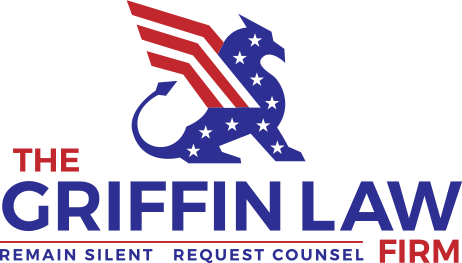If you have been accused of sexual harassment while serving in the military, it is important to connect with an experienced military criminal defense lawyer.
The Uniform Code of Military Justice (UCMJ) is a set of regulations that govern the behavior of members of the United States Armed Forces. One of the regulations governing military conduct is Article 120, which prohibits sexual harassment. Sexual harassment can take many forms, from unwanted sexual advances to repeated offensive comments or actions.
Sexual harassment among servicemen and servicewomen can occur in any setting, including in the living quarters, on military installations, and in social settings.
What Are the Punishments for Sexual Harassment?
When a military service member is convicted of sexual harassment, the consequences can be severe. One possible punishment is a dishonorable discharge, which is the most severe type of discharge from the military. A dishonorable discharge can result in the forfeiture of all pay, allowances, and veteran benefits.
A bad conduct discharge is another possible punishment for sexual harassment. This type of discharge is less severe than a dishonorable discharge, but it still results in the loss of pay, allowances, and veteran benefits.
As such, if you have been accused of sexual harassment while serving in the military, it is important to understand the potential consequences and to seek the legal counsel of a knowledgeable military criminal defense lawyer to help you navigate your case.
The Evidence Needed To Prove Sexual Harassment
There are two main types of sexual harassment: quid pro quo and a hostile work environment. Quid pro quo harassment occurs when someone offers or requests sexual favors in return for something else, such as better working conditions or a transfer to another position. Hostile work environment harassment happens when someone creates an environment that is sexually hostile or offensive. This can include unwelcome touching, sexual jokes, comments about a person's body, or displaying sexually explicit images.
The evidence of these types of harassing behavior can come from many sources: witness testimony, emails, text messages, social media posts, or any other communications that show an intent to harass.
Common Defenses in a Sexual Harassment Case
One common defense is that the victim was not actually harassed. This could be because the victim misinterpreted an innocent remark or interaction as being harassing. Another defense is that the victim consented to the behavior. This could be argued if the victim was flirtatious or engaged in sexual banter with the harasser. A third common defense is that the harasser was not aware that their actions were harassing. This could be based on the belief that certain behaviors or comments are acceptable in a military setting. Finally, some defendants argue that they were falsely accused of sexual harassment.
Whichever defense you go with, you need an experienced attorney who is familiar with military sexual assault cases and can explain your case from the beginning to the end.
Speak to a Military Defense Attorney
Sexual harassment in the military used to be considered a disciplinary issue, handled internally by the chain of command. However, due to recent changes in the law, sexual harassment is now a crime under the Uniform Code of Military Justice (UCMJ). This means that if you are accused of sexual harassment, you may be looking at something much more serious than it used to be.
As such, if you are a member of the military and have been accused of sexual harassment, you should speak to a military defense attorney at Griffin Law Defense as soon as possible. Your charges may be dropped or reduced if you have one of our experienced attorneys on your side.


